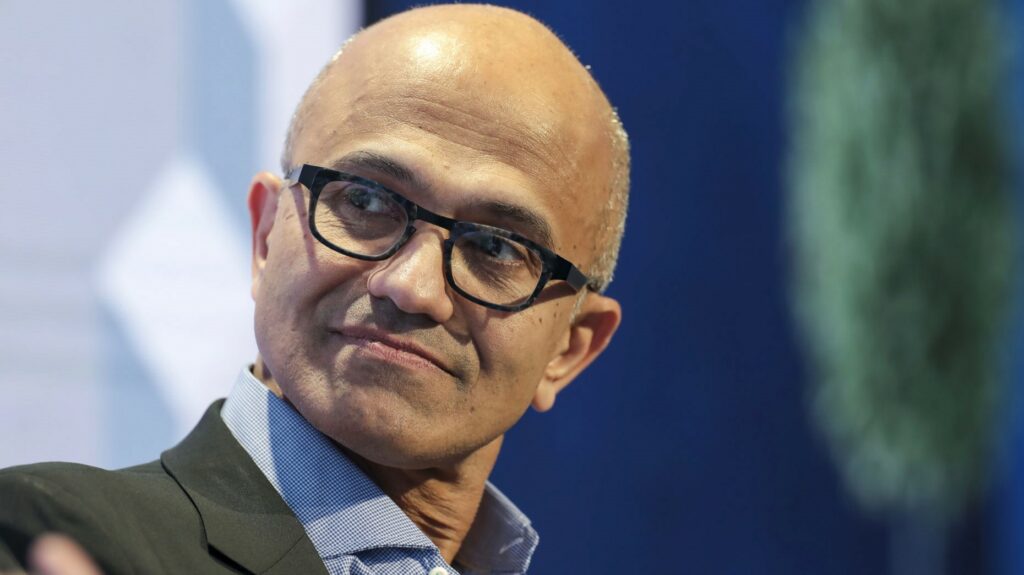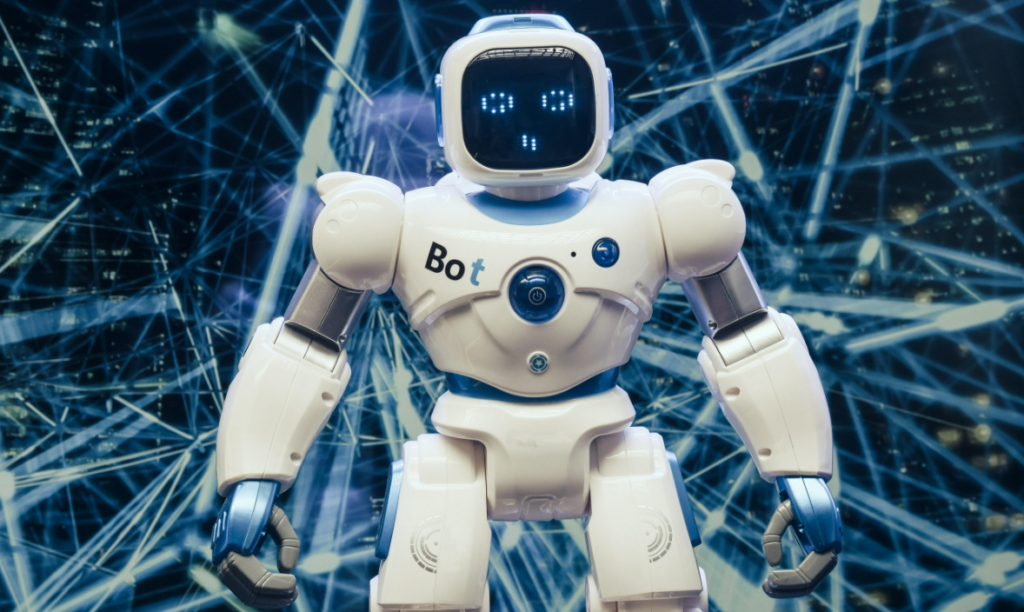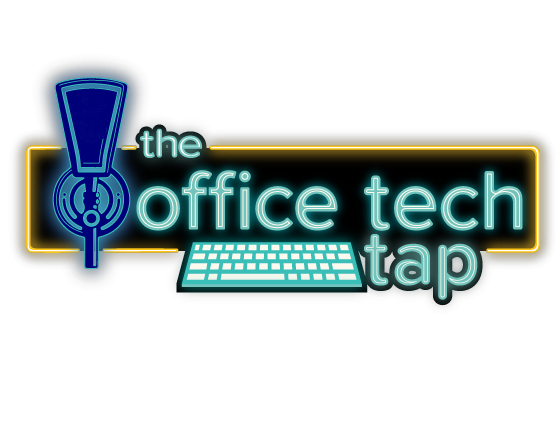The Patent Game Just Got More Interesting: AI as an Inventor?

Industry
Print From Anywhere But Be Security Aware
Ensuring Compliance and Security with Mobile Printing

Print from anywhere, but make it secure.
Print-from-anywhere is a good thing. Security breaches are bad. Unfortunately, printers tend to be the last thing considered when talking about security. The Protection of Personal Information Act (POPIA) may be from a faraway land, but its relevancy is local and addresses security policy as it applies to remote printing.
Print volumes may be lower than back in 1999, but when your clients need to print, they ‘want’ to print. It’s up to us in the industry to provide the most efficient and secure methods of output from any point on the globe.
Print Security as a Priority
While the benefits of printing from mobile devices are manifold, including increased productivity and improved customer service, businesses need to take print security seriously and make it a priority. Furthermore, businesses need to ensure compliance with data privacy laws like POPIA.
To enable printing from mobile devices, businesses need a device that can print documents, a connection to the printer, and a physical office printer that has a LAN or WiFi connection to the network. However, print security is a complex and easily overlooked necessity, particularly when printing from a mobile device. Businesses need to manage who has access to print, ensure that print workflows are secure, and consider what happens to the document once printed.
With POPIA in place and the risk of outside attacks into the business via the printer, all companies should weigh up the cost of deploying a print management solution compared to the financial and reputational implications of a confidential data breach. A print management solution will enable businesses to secure prints from start to end and monitor everything from what is printed, who is printing, and the overall costs of printing.
Overall, while the ability to print from mobile devices provides numerous benefits, it is important for technology and solutions providers to take print security seriously and ensure that they are POPIA compliant. By doing so, they can prevent potential security breaches and protect confidential information from falling into the wrong hands.
Work Trends
Microsoft Outlines 3 Trends that Will Change the Future of Work
Microsoft CEO Satya Nadella predicts the future of work with productivity, AI, and soft skills.

Three Trends and How We Can Support Them
If there is one company that has played the most integral part in office life, it is Microsoft. Agree or disagree, when Microsoft speaks, we should all listen. In this case, Satya Nadella, Microsoft’s Chairman and CEO, highlights three solid observations that you can take into conversations with C-Level decision-makers and influencers.
The first trend is “productivity paranoia.” There’s a clear disconnect in which leaders question whether their organization is being productive while workers feel burned out. In order to address this, Nadella suggests integrating data and an improvement plan. Organizations should focus on outcomes, then find new patterns of successful (and productive) work. As such, technology-selling professionals can provide solutions to help monitor productivity metrics and offer support to prevent burnout.
The second trend Nadella highlights is the role of artificial intelligence (AI) as a co-pilot for workers. Nadella believes that AI can aid workers in their tasks rather than replacing them completely, presenting an opportunity for technology-selling professionals to offer solutions that integrate AI technology to empower workers and make their jobs easier.
Finally, Nadella emphasizes the importance of people and soft skills in achieving success. He notes that individuals must learn new soft skills and take the time to foster people-to-people connections. As a technology-selling professional, offering training and resources to help workers develop communication, collaboration, and creativity skills can create a positive work environment that fosters loyalty and commitment.
Nadella’s insights come at a time when the workplace is undergoing significant changes due to technological advancements and shifting attitudes toward work.
Emerging Technology
Elon Musk Is Alarmed
Regulate AI?

I don’t need to tell you how much buzz there is around “Artificial Intelligence.”
But with everything that seems to go viral, talk of regulations, copywriter violations, and ethical issues are starting to rise. Although Musk was involved in creating the latest AI darling, ChatGPT, he is calling for some sort of regulation on the application and AI in general.
Artificial intelligence in the office is unavoidable, as is our need to control. This debate will be a good one.
Elon Calls for AI Regulation
Elon Musk has raised concerns about the potential catastrophic harm that AI could cause and called for the industry to be regulated. He accused Microsoft of taking control of OpenAI and turning it into a profit-driven, closed-source company. Musk has been warning about the dangers of AI for over a decade, and he believes that safety regulation is necessary to prevent it from being used unethically and causing harm.
While AI has so far been limited to virtual assistants, chatbots, and driver-assistance systems, industry leaders predict a major leap forward in its utility. However, the lack of regulatory oversight means that there is no guarantee that it will be used responsibly. OpenAI’s ChatGPT has been a game-changer, but its strange behavior and left-leaning bias, as reported by some users, highlight the challenges that lie ahead.
Elon Musk’s call for regulation is illustrative of a growing concern around AI and ethics; the timeless argument is whether technology is good or bad for mankind. The answer is often, “Yes.”
Regardless of you or your customer’s stance on AI, start having discussions now. What challenges are they facing? What’s their comfort level with it? How can it be used to drive business? But also, how can it be used responsibly?
Workstyle Trends

Why is this important to you?
Are you kidding me? Why would awarding patents to inventions created by Artificial Intelligence be important? (sarcasm)
Believe it or not, The U.S. Patent and Trademark Office (USPTO) has stated that it has received applications naming the AI machine as the inventor. Applications were denied because, under current law, “inventorship is limited to a natural person(s).” The office is exploring how to handle patents submitted that include work AI assisted in creating.
The line is blurry.
In 2019, the agency inquired whether laws needed revisions to accommodate contributions from non-natural persons such as AI-enabled inventions. While some felt that the law was adequate to handle AI-enabled inventions, others believed that AI could invent something without human intervention.
Now, the USPTO is soliciting public comments on the possibility of listing artificial intelligence as an inventor on a patent. USPTO is looking for insight into the present state of AI technology, particularly as it plays an increasingly crucial role in innovation.
The agency seeks comments on inventions with substantial AI contributions and is collaborating with academia to encourage engagement with AI-enabled innovations. The USPTO is asking several questions, including how AI is utilized in the invention process and how it varies from other tech invention tools.
Companies need to navigate the legal and ethical issues that emerge from this new field as the USPTO examines whether AI can be listed as an inventor on a patent.
The IRC – Internet Relay Chat
- Five ways to keep employees happy at work
- Combining work and vacation: Workation
- More layoffs at DocuSign
- 18 technology trends for 2023



